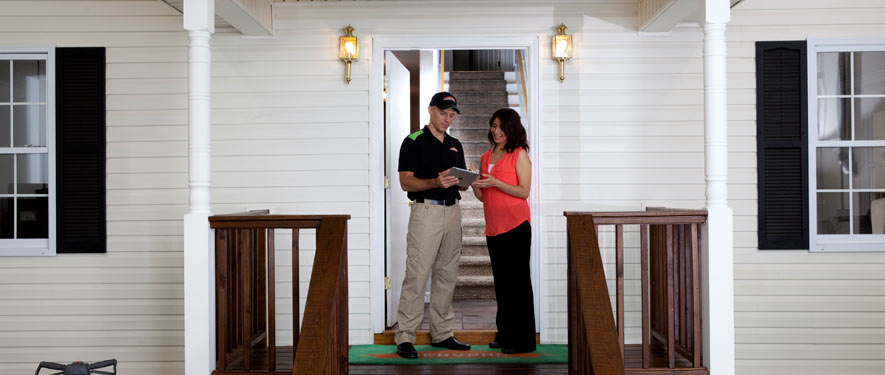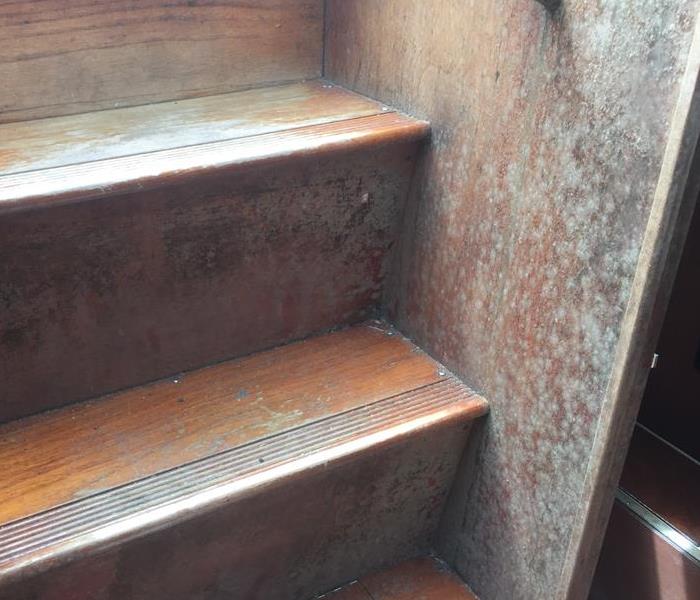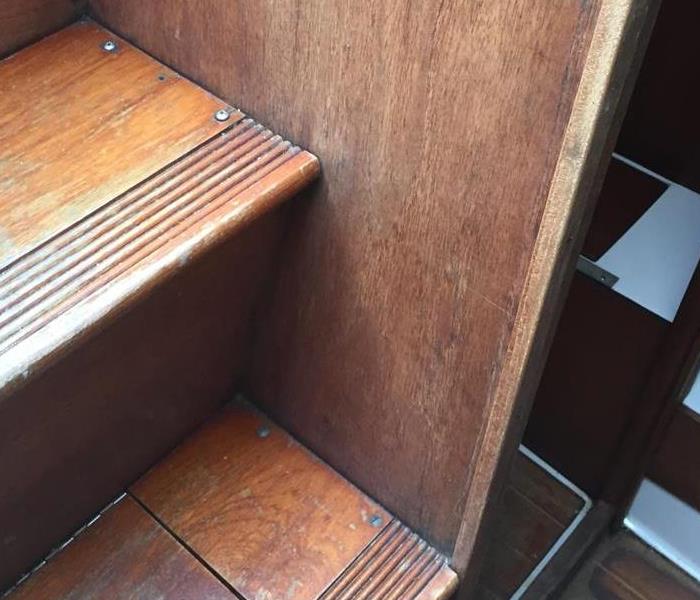
What Is Black Mold?
At some point we've all seen the news about "Black Mold." The report usually goes this way, "an apartment has it" or "a family was exposed to it." Separating fact from fiction and guarding ourselves from unnecessary fear comes down to education and action.
Black Mold, also known as Toxic Mold, is real. The technical name for Black Mold is Stachybotrys Chartarum. This type of mold produces allergens and irritants — as is true with other types of molds as well. Because Black Mold is toxic it's important to have any mold growth in your property identified and addressed. As a rule you should treat all mold with caution, remember to stay out of affected areas and don’t touch or disturb the mold.
Mold growth is directly related to high moisture areas and can grow in as little as three days so there is need to act quickly and decisively.
Learn more about mold and what to do until help arrives by visiting Mold Damage Tips.
Learn more about mold and what to do until help arrives by visiting Mold Damage Tips.
How Do I Tell If It’s Black Mold?
Since many types of mold can cause reactions, you should contact us regardless of the color or type of mold. In many instances, multiple types of mold may exist in the same house or structure. If you suspect you have a mold problem, contact SERVPRO of Weymouth, Hingham and Quincy immediately.
If You See Signs of Mold, Call Us Today – (781) 337-0344
Understanding Mold
When water intrudes into your property, mold growth can start in as little as 48 hours. Consider the following mold facts:
- Mold is present almost everywhere, indoors and outdoors.
- Mold spores are microscopic, float along in the air, and may enter your home through windows, doors, or AC/heating systems or even hitch a ride indoors on your clothing or a pet.
- Mold spores thrive on moisture. Mold spores can quickly grow into colonies when exposed to water. These colonies may produce allergens and irritants.
- Before mold remediation can begin, any sources of water or moisture must be addressed. Otherwise the mold may return.
- Mold often produces a strong, musty odor, and that odor can lead you to possible mold problem areas.
- Even higher-than-normal indoor humidity can support mold growth. Keep indoor humidity below 45 percent.
Locally Owned Company with National Resources
SERVPRO of Weymouth, Hingham and Quincy is locally owned and operated—so we live and work here too and are proud to be part of this community. We are also part of a national network of over 2,200 Franchises with special Disaster Recovery Teams placed strategically throughout the country to respond to large-scale disasters.
SERVPRO of Weymouth, Hingham and Quincy proudly serves Weymouth, Hingham, Weymouth Landing, and surrounding areas.






 24/7 Emergency Service
24/7 Emergency Service




